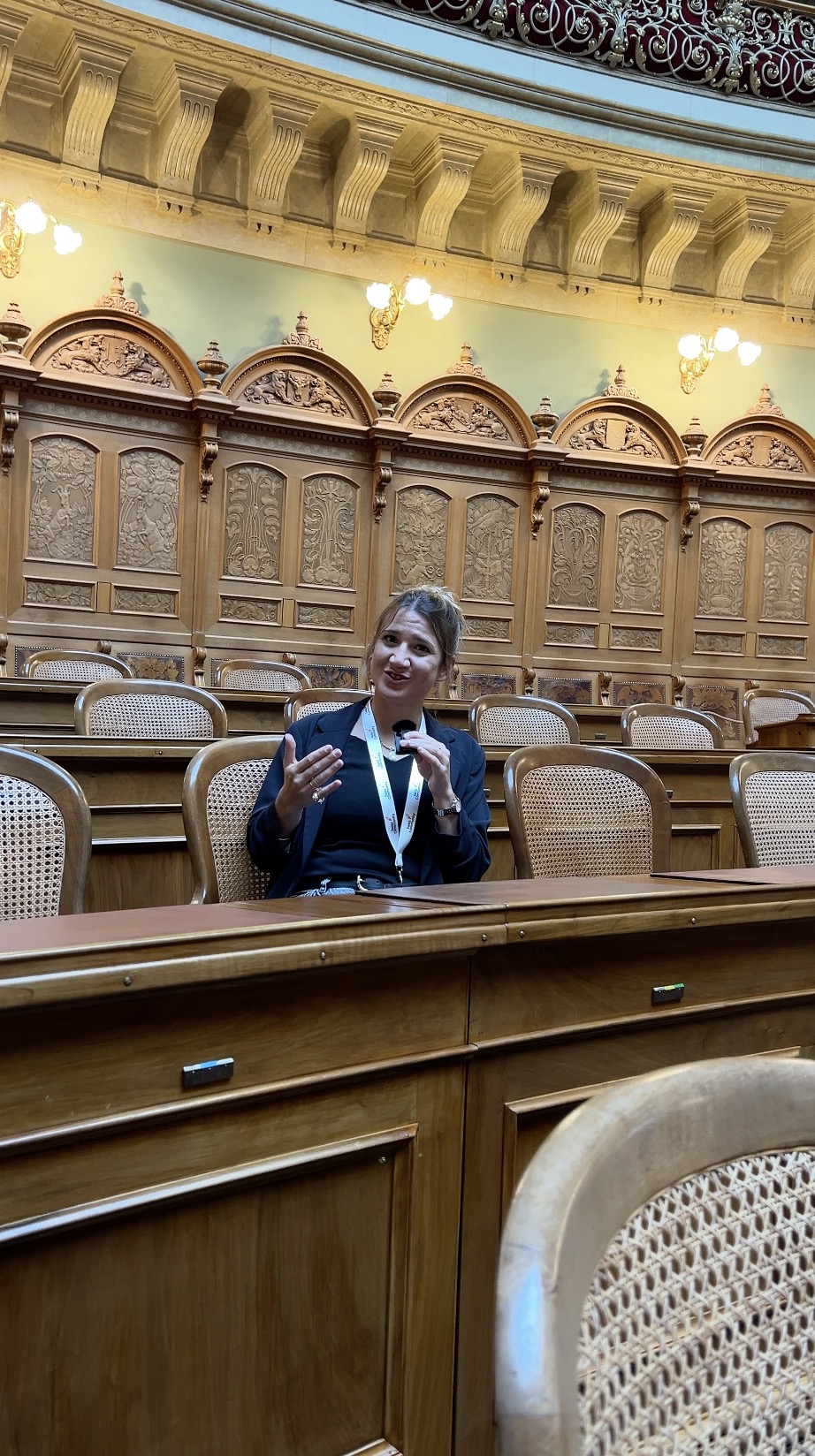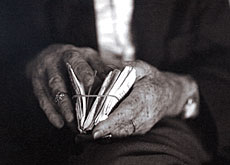
Switzerland under siege as tax row escalates

Switzerland has been forced firmly back on the defensive as the global row over tax evasion heated up during the week, culminating in fresh calls for Swiss banks to automatically hand over details of foreign clients to other countries.
Having already succumbed to a United States demand for information on its citizens’ Swiss accounts, a fresh attack has been mounted by the European Union that threatens to isolate countries that refuse to bend to its will.
Switzerland’s position of defiance appeared to have been weakened by Luxembourg’s capitulation last week to EU demands for an automatic exchange of tax data. Austria also came under sustained pressure from EU finance ministers – meeting in Dublin on Saturday – to fall into line, but is so far resisting.
European Commissioner for Tax, Algirdas Semeta, said after the meeting that he hoped for a mandate from EU member states to start tough new negotiations with Switzerland in the near future.
The debate, that has been running on for several years, has been given new impetus by the “offshore leaks” media headlines in the last two weeks that have revealed details of how the global offshore system operates.
Switzerland has also attracted unwelcome attention by the revelation that former French Budget Minister Jerome Cahuzac had hidden assets form the French tax authorities in a secret Swiss bank account.
Switzerland has been under extreme pressure from both Europe and the US over its role as a shelter for tax cheats since the financial crisis of 2008.
In 2009, UBS bank was caught aiding and abetting tax evaders and forced to pay a hefty fine.
Worse still, the Swiss government was then forced to shatter its previously inviolate banking secrecy laws to hand over thousands of client details to the US authorities.
In 2012, Switzerland’s oldest private bank – Wegelin – was forced to dissolve after US investigators found links to tax evasion.
Up to 13 other Swiss banks are still under investigation by the US authorities under suspicion of helping tax cheats.
In February of this year, Switzerland officially agree to implement the US Foreign Account Tax Compliance Act (Fatca) that will force Swiss banks to automatically hand over details of US clients.
In Europe, several CDs of client data have been stolen from Swiss banks and sold to foreign countries such as Germany and France.
Switzerland has signed tax treaties with Britain and Austria to impose withholding taxes on accounts held by citizens of these countries.
Germany rejected a similar deal , forcing Swiss banks to tell clients to either declare their assets to the German authorities or close their accounts.
In April of this year, former French Budget Minister Jerome Cahuzac admitted that he had hidden assets ina secret Swiss bank account.
Opinion divided
Swiss Finance Minister Eveline Widmer-Schlumpf and the Swiss Bankers Association have so far refused to bow to the renewed EU assault, arguing that Switzerland is poised to implement its own policy to weed out tax cheats from its banks.
Switzerland is desperate to hold on to the last remnants of its once fabled banking secrecy by offering to tighten up the system of forcing foreign clients to either declare accounts to their EU home countries or pay taxes on their assets anonymously.
“It is conceivable that different standards can coexist,” Widmer-Schlumpf told Le Temps newspaper on Saturday. But she held out an olive branch to the EU the Sonntagszeitung on Sunday.
“I have never said that an automatic exchange of information would not be considered in future,” she said. “But it comes down to the fundamental question of what information we would exchange.”
But Widmer-Schlumpf’s position was rather undermined by the leader of her own Conservative Democratic Party, Martin Landolt, who has breached a taboo by openly discussing how an automatic exchange of information could work in theory.
Given that honest taxpayers already reveal their financial affairs to the Swiss tax authorities, this system could be extended to pass information to other countries, he told the NZZ am Sonntag newspaper.
Digging in heels
Ueli Maurer, Defence Minister and this year’s Swiss President under the revolving system, used the media this weekend to put forward his view that Switzerland should stand firm against continued attacks on its financial centre.
“The state should completely respect the privacy of individuals,” he told Le Matin Dimanche newspaper. “There is absolutely no reason that this [automatic exchange of information] should be a theme for us.”
The thorny issue of automatic information exchange continues to polarise opinion in Switzerland. The financial sector and its supporters feel that Switzerland has already given enough ground since UBS bank was caught red handed aiding and abetting tax evaders in the US in 2009.
Since then, Switzerland has handed over the details of thousands of UBS account holders to the US, agreed to cooperate more fully with tax investigations in other countries, renegotiated numerous double taxation treaties and introduced a “clean money” strategy for its financial centre.
Argument already lost?
But others feel that Swiss banking secrecy is already dead, making it pointless to reject automatic information exchange.
“In future, any financial intermediary that aids tax evasion – or who even just hears about it – can be pursued on charges of money laundering for not identifying clients or informing the authorities,” Geneva tax expert Douglas Hornung told swissinfo.ch. “This is a sword of Damocles for all who work in this field – those involved should divorce themselves from it.”
Tax lawyer Marco Bernasconi also points out that bank security is no longer watertight given the weight of data that has been stolen and sold to foreign governments.
“Whereas banks could hide money relatively securely in offshore structures up until a few years ago, secrets are much harder to keep today,” he told swissinfo.ch. “This model belongs to the past, because today, it’s becoming harder and harder to evade taxes.”
(with input from Armando Mombelli)

In compliance with the JTI standards
More: SWI swissinfo.ch certified by the Journalism Trust Initiative










































You can find an overview of ongoing debates with our journalists here . Please join us!
If you want to start a conversation about a topic raised in this article or want to report factual errors, email us at english@swissinfo.ch.